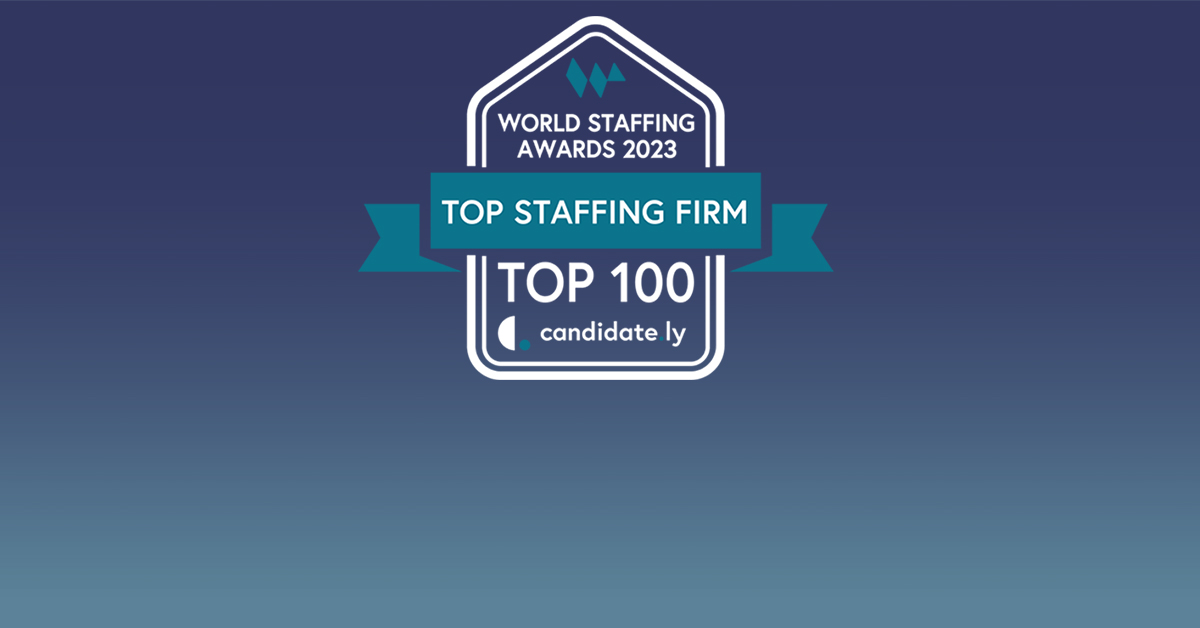3 Tips for Closing Your Business’s Skills Gap
The world of work is rapidly changing. Automation, artificial intelligence, and the rise of the “gig economy” are some of the disruptive forces influencing the business world. The ultimate impact of these will remain to be seen, but one thing is sure: The skills that businesses need to succeed and grow are changing, and as they change, a “skills gap” develops.
What is the Skill Gap?
The skills gap describes a hiring problem seen throughout the working world. Employers struggle to hire the well-trained workers they need to fill open positions. Job seekers struggle to find jobs because they do not have the skills the employers are looking for. The skills gap is responsible for millions of unfilled positions and trillions of dollars in negative economic impact.
Employers play a crucial role in addressing the skills gap, identifying challenges, and finding solutions. If your business is facing a skills gap, consider these three tips to help you lessen or even eliminate it:
1. Upskill Your Current Employees
Once you have determined the skills that your business needs, look at your current employees. Many may be eager to participate in training and take courses to learn the necessary skills. You can also incentivize your employees to pursue education and training options by offering free in-house training. Reimbursement for external education and discounted educational options may also be on the table.
2. Offer Skills Training for New Hires
You may encounter very well-qualified talent lacking in certain skill areas during the hiring process. Rather than pass on a high-quality candidate, consider offering educational and training opportunities to new hires. Providing necessary training to an otherwise-qualified candidate saves you both time and money in the short term and long run.
3. Outsource Your Hiring
If closing your skills gap seems overwhelming, you may want to outsource your hiring to a recruiting firm like ABBTECH. Recruiting firms cut through all the hiring work for you, bringing you quality candidates with the demonstrable skills and abilities you need. They also keep abreast of the ever-changing skill needs of businesses. You’ll be assured that all candidates they bring you are vetted and have the skills you desire.
Conclusion
Whether you outsource hiring or upskill your current employees, closing your business’s skills gap will ensure competitiveness within your industry and the business world.
If you’re struggling to close your business’s skills gap alone, let our team help! Contact ABBTECH today!












